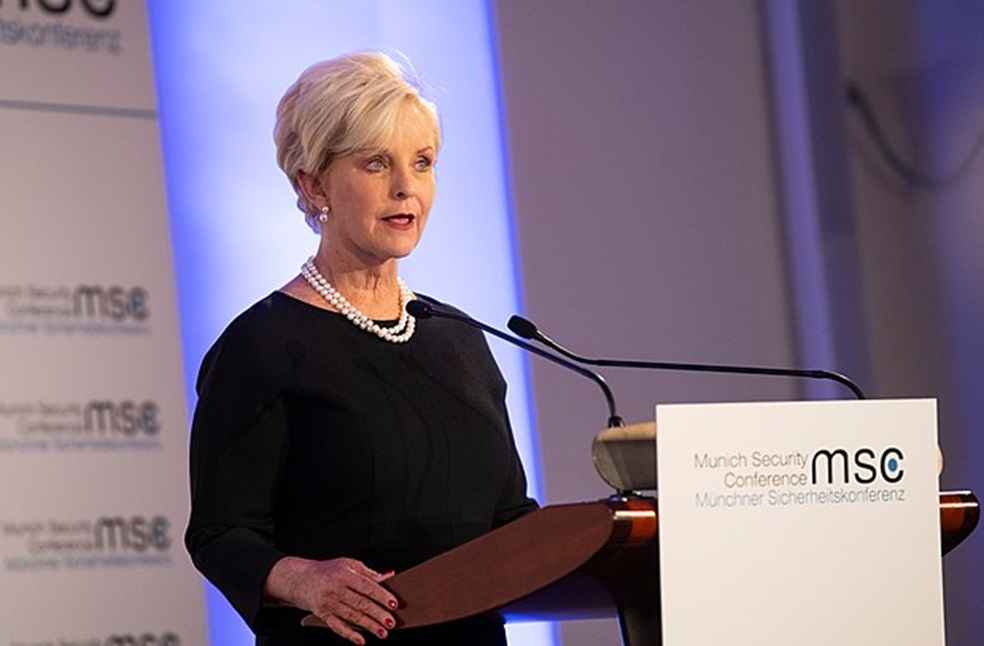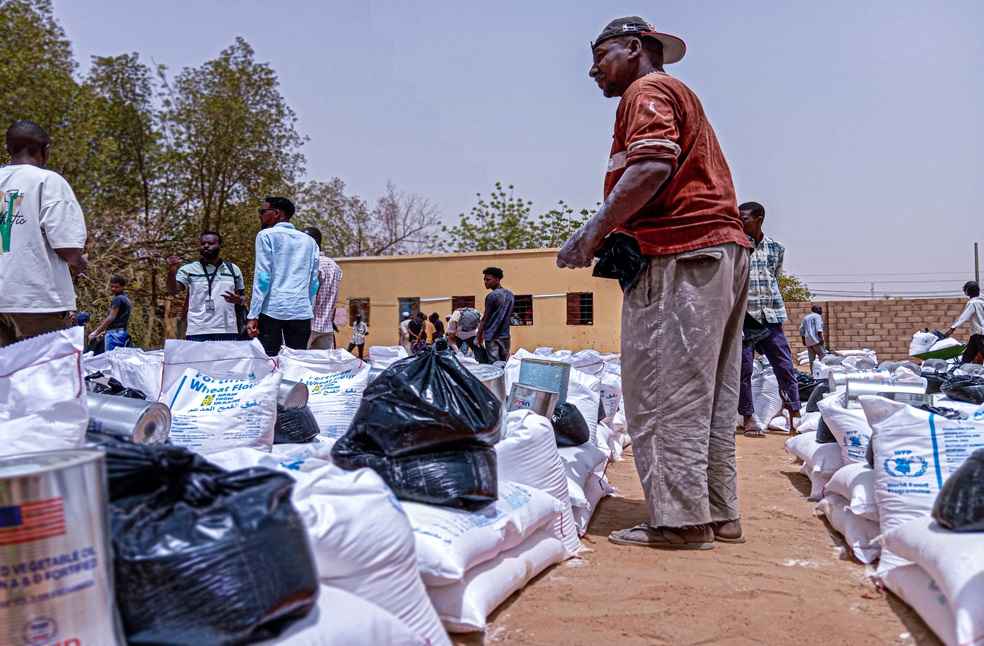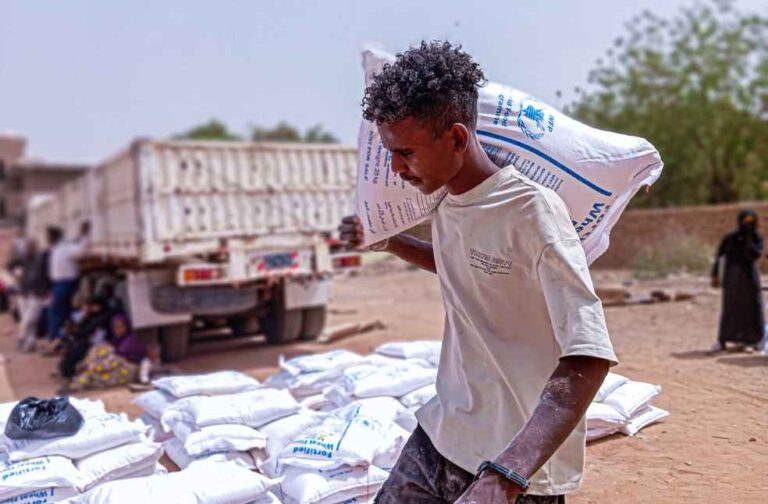Sudan: The UN World Food Programme (WFP), has announced that two aid convoys carrying life-saving supplies finally reached the Darfur region in Sudan. This is the first time in months that the WFP was able to provide help to the people in the area, who were struggling due to nearly a year of heavy fighting.
According to Leni Kinzli, WFP Communications Officer in Sudan, the convoys, which arrived in late March, carried enough food and nutrition supplies to help 250,000 people who are facing acute hunger in North, West, and Central Darfur. This humanitarian effort aims to prevent a ‘hunger catastrophe’ in the region.

The UN agency spokesperson acknowledged a recent positive development but also cautioned that unless the people of Sudan receive a constant flow of aid from neighbouring countries and across battle lines, the country’s hunger catastrophe will only worsen. All possible humanitarian corridors must be utilised to ensure aid reaches those in need.
Last month, Cindy McCain, the Executive Director of WFP, warned that the ongoing war in Sudan carries the potential to trigger the worst hunger crisis in the world. Families affected by this conflict, both those in Sudan and those who fled to South Sudan and Chad, urgently need food assistance. To make this happen, there needs to be unrestricted access, faster approval procedures, and adequate funding to deliver a humanitarian retort that can meet the massive needs of the civilians affected by this harmful war.

As per WFP’s Kinzli, accessing aid in Darfur was difficult due to the Sudanese armed forces’ decision to refuse permission for humanitarian efforts coming from Chad. The UN agency reported that food supplies were delivered to Darfur from Chad and Port Sudan, but distribution was delayed due to fighting, security issues, and clearance delays by the warring parties.
“There is a lack of clarity whether we will be able to continue and regularly use the cross border [route] from Adre into West Darfur, which is so critical because West Darfur is among the most food-insecure areas in Sudan,” the WFP official noted.

This is particularly true in Geneina, the capital of West Darfur. The UN agency briefed that ‘many vulnerable women’ kept rushing to one of the distribution points ‘in desperation because there was not enough food for everyone.’
The conflict between rival generals in Sudan, which began last April, led to an unprecedented level of hunger, with 18 million people now experiencing acute malnutrition. In Darfur, 1.7 million people are currently facing emergency levels of hunger, as classified by global food security experts.



